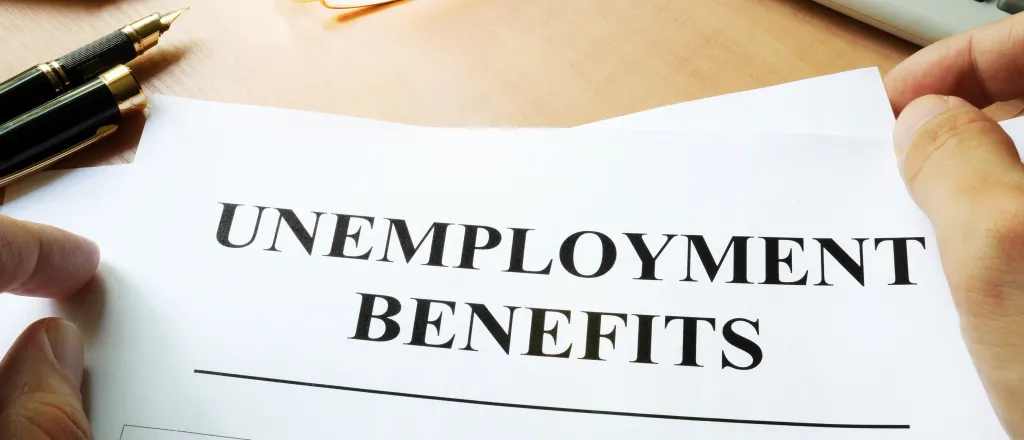
California passes legislation to let strikers qualify for unemployment benefits
(The Center Square) – A bill to require California’s heavily indebted unemployment insurance fund to pay striking workers has passed the state legislature and now heads to the governor’s desk.
Under existing law, strikers are not eligible for unemployment benefits until the strike is over. If Governor Gavin Newsom signs SB 799 into law, strikers would be eligible for receiving unemployment benefits two weeks into a strike. Supporters specifically cited the ongoing Hollywood strike and the Unite Local 11 hospitality strikes in justifying the bill.
"Today's vote was a victory for the writers, the actors, the hotel workers, the autoworkers, the nurses and every worker who has made the difficult sacrifice to go out on strike for a better future," said Lorena Gonzalez Fletcher, leader of the California Labor Federation and former Democratic Assemblymember, in a press release issued by bill author Senator Anthony J. Portantino, D – Burbank. "Working people earned these benefits and they deserve to access them during hard times. SB 799 can ensure that workers in the future can survive a strike with dignity."
Unions typically use a portion of dues to establish strike funds that can pay workers during strikes. The United Auto Workers, who went on strike today, has an estimated $825 million strike fund it will use to pay its members $500 per week. California unemployment benefits pay up to $450 per week for up to 26 weeks. Though businesses wholly fund the state’s unemployment benefits fund, which is nearly $20 billion in debt due to $32.6 billion in COVID-era fraudulent claims, the state can change unemployment benefit eligibility and duration at its discretion.
Opposition to the bill focused on the moral quandary of treating those who choose to go on strike the same as those who no longer have a job, and the fact that the bill appears to be a quid pro quo benefitting the organized labor groups that supply a significant portion of supporters’ campaign contributions.
“There’s no way that you can come up with a logical reason to give somebody unemployment who has a job, who decides to go on strike,” said Senator Brian Dahle, R – Reading on the Senate floor before the bill’s final vote. After explaining that it’s businesses such as his that wholly fund the state’s unemployment benefits fund. Dahle said, “If there are people going on strike, let’s not … take the money business owners pay and use it to pay employees of theirs to strike against them.”
“Labor unions give millions to politicians,” said Assemblymember Bill Essayli, R – Woodcrest, on X. “SB799 is a giveaway to labor unions that will use taxpayer dollars to subsidize union strikes.”
According to an analysis earlier this year from the state government’s nonpartisan Legislative Analyst’s Office, California Employment Development Department’s unemployment insurance fund is “structurally insolvent.” Before the passage of SB 799, the decline in business and increase in withdrawals from rising unemployment claims was estimated to drive the unemployment insurance fund’s debt to $20.3 billion by 2024. Payments for ongoing strikes combined with the likelihood of additional strikes among the state’s 2.6 million union members driven by this new financial support mean the condition of the state’s unemployment fund is likely to worsen if the governor signs SB 799 into law. Under federal law, when a state has outstanding federal loans, employers pay a payroll tax surcharge that increases each year until the loans are repaid, which means California businesses are likely to face constant payroll tax increases for the indefinite future.
















